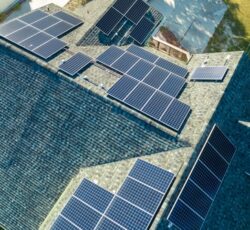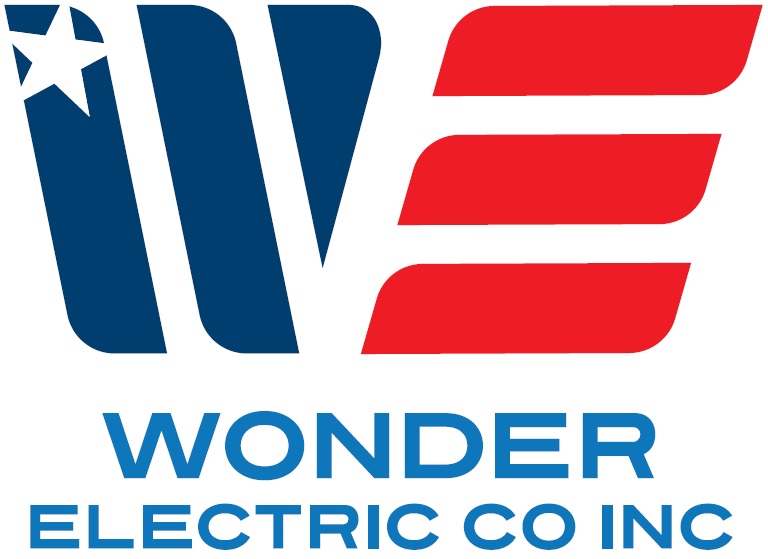 As the world embraces renewable energy sources, solar power has emerged as a popular choice for homeowners looking to reduce their carbon footprint and lower their electricity bills. On-grid solar systems, also known as grid-tied solar systems, have become a particularly appealing option. In this blog post, we will provide a comprehensive guide for homeowners interested in on-grid solar, outlining the pros and cons of these systems and giving insights into the costs involved.
As the world embraces renewable energy sources, solar power has emerged as a popular choice for homeowners looking to reduce their carbon footprint and lower their electricity bills. On-grid solar systems, also known as grid-tied solar systems, have become a particularly appealing option. In this blog post, we will provide a comprehensive guide for homeowners interested in on-grid solar, outlining the pros and cons of these systems and giving insights into the costs involved.
Understanding On-Grid Solar Systems
An on-grid solar system is connected to the electrical grid, allowing homeowners to generate electricity from the sun and feed any excess power back into the grid. When your solar panels produce more electricity than your home consumes, you can receive credits on your electricity bill or even earn money, depending on your local regulations and policies. This integration with the grid ensures a stable and reliable energy supply even during cloudy days or at night.
Pros of On-Grid Solar Systems
Cost Savings: By generating your electricity, you can significantly reduce your monthly energy bills. The excess energy you produce can be sold back to the grid, further lowering your costs.
Environmental Benefits: On-grid solar systems are environmentally friendly, as they reduce your carbon footprint and help combat climate change by using clean, renewable energy.
Stability and Reliability: On-grid systems provide a stable source of electricity. During periods of low sun exposure, you can draw power from the grid, ensuring a continuous energy supply.
Grid Support: When your solar panels produce excess electricity, it is fed back into the grid, helping to stabilize the energy supply and potentially earning you credits or payments.
Low Maintenance: Solar panels require minimal maintenance. Regular cleaning and occasional inspections are usually sufficient to keep the system functioning optimally.
Cons of On-Grid Solar Systems
Upfront Costs: The initial cost of purchasing and installing a solar panel system can be significant. However, many government incentives, tax credits, and financing options are available to offset these costs.
Intermittent Production: Solar panels produce electricity based on sun exposure, making their energy production intermittent. This means they may not generate electricity during cloudy days or at night.
Dependence on Grid: On-grid systems rely on the electrical grid for energy when solar production is insufficient. In the event of a grid outage, your solar system may not provide power to your home for safety reasons.
Net Metering Policies: The benefits of net metering, which allows you to earn credits for excess energy, vary by location. Some regions offer favorable net metering policies, while others may provide fewer incentives.
Installation Constraints: The installation of solar panels may not be feasible for all homes due to factors like roof orientation, shading, or structural considerations.
Costs of On-Grid Solar Systems
The cost of an on-grid solar system varies depending on several factors, including the size of the system, your location, and the quality of the equipment. Here’s a breakdown of the main expenses:
Solar Panels: The cost of solar panels is a significant portion of the total expense. High-quality panels tend to be more efficient and durable but may come at a higher price.
Inverter: Inverters convert the direct current (DC) electricity produced by the solar panels into the alternating current (AC) electricity used in your home. Inverter costs can vary based on type and capacity.
Installation: Professional installation is essential for the proper functioning of your system. Installation costs may include labor, wiring, and mounting equipment.
Permits and Inspections: You’ll need permits and inspections to ensure your system complies with local building and safety codes. Permit costs vary by location.
Monitoring System: Some homeowners opt to include a monitoring system that tracks energy production and consumption. While this isn’t a required expense, it can help you optimize your energy use.
Additional Equipment: Depending on your system’s design and your energy goals, you may need additional equipment such as battery storage, which can add to the overall cost.
Financial Incentives and Savings
Homeowners considering on-grid solar systems can take advantage of various financial incentives and savings opportunities:
Federal Tax Credits: The federal government offers a solar investment tax credit (ITC), which can significantly reduce the cost of your system. The ITC allows you to deduct a percentage of the installation costs from your federal taxes.
State and Local Incentives: Many states and local governments provide additional incentives, rebates, or tax credits to promote solar energy adoption. These incentives can further reduce your initial investment.
Net Metering: Net metering policies vary by location but can allow you to earn credits for excess energy you produce and feed back into the grid. This can result in savings on your electricity bill.
Utility-Specific Programs: Some utilities offer programs that incentivize solar adoption, such as performance-based incentives or feed-in tariffs, which provide compensation for excess energy fed into the grid.
Long-Term Savings: Over time, the savings on your electricity bill can offset the initial costs of the system. Solar panels have a long lifespan and often pay for themselves through energy bill savings.
Summary
On-grid solar systems offer homeowners a way to reduce their electricity bills, lower their environmental impact, and potentially earn money by feeding excess energy back into the grid. While there are costs and considerations to keep in mind, various financial incentives and long-term savings make on-grid solar an appealing option for those looking to embrace renewable energy. By understanding the pros, cons, and costs associated with on-grid solar, homeowners can make an informed decision about whether to invest in this sustainable and economically advantageous energy source.
Need an Electrical Contractor in Twentynine Palms, CA?
Wonder Electric Co, Inc. has been serving the Twentynine Palms community since 1974. We have established ourselves as efficient and reliable in all our jobs and maintain the highest quality work. We offer all kinds of electric work like re-wiring, remodels, indoor and outdoor lighting, and even solar system installation and maintenance. We offer 24-hour emergency service and all our electrical journeymen are certified. Call us next time you need anything electric!
